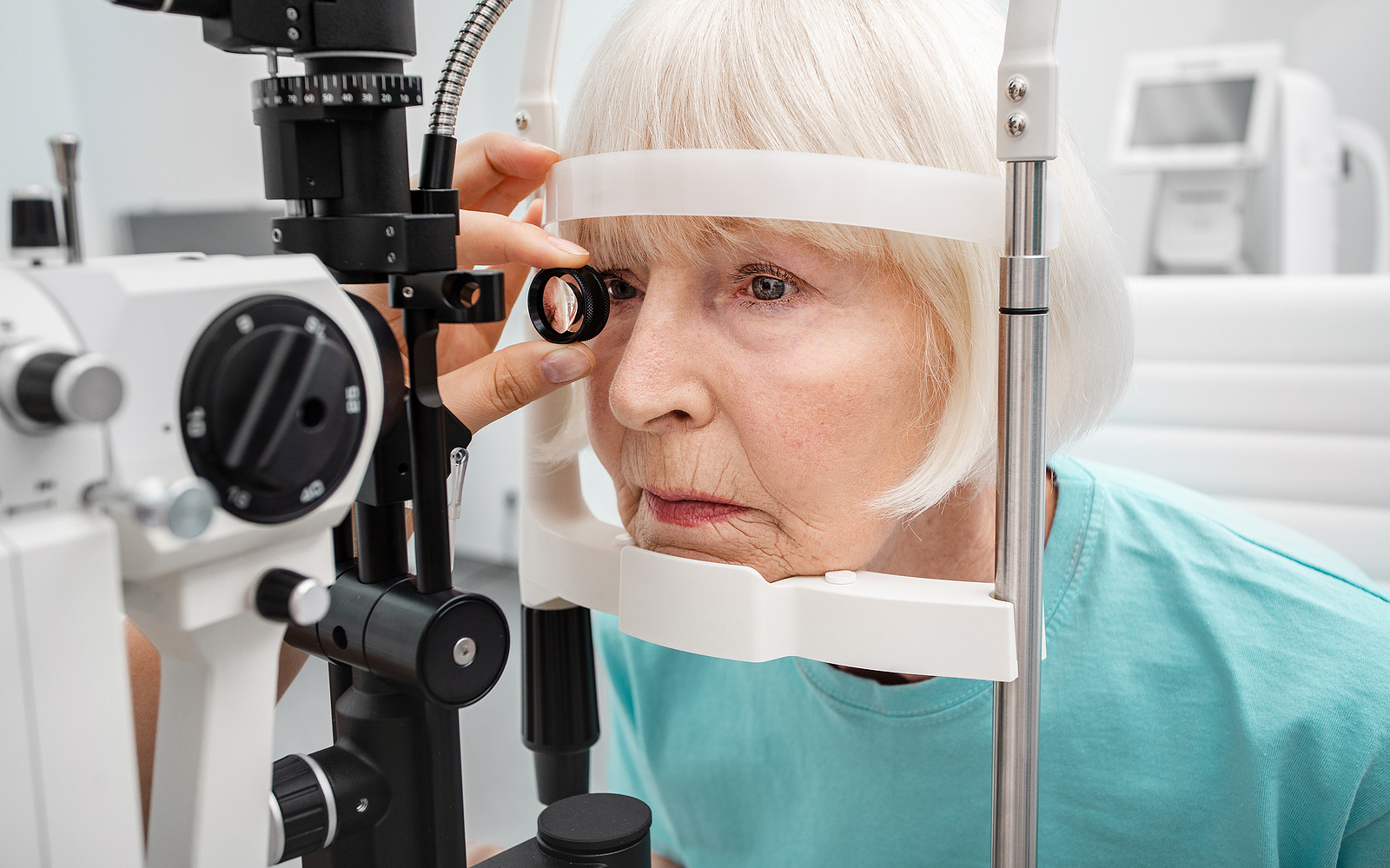Reduce Your Chances of Getting Cataracts with These Guidelines
Exciting research points toward new ways to lower your risk of developing cataracts.
With more than two million procedures performed every year, cataract surgery is the most common operation in the United States. For patients, this should provide peace of mind that eye care specialists know what they’re doing and are well-versed in removing cataracts and protecting their patients’ vision.
However, the medical community’s understanding of cataracts has been advancing, allowing researchers to gauge ways that patients can reduce their chances of getting cataracts — or slowing the progression of the condition if cataracts have already developed. Indeed, by taking approved vitamin supplements, quitting smoking, and protecting your eyes in the outdoors, new studies have shown that patients can promote eye health and make it less likely that cataracts form.
Taking the Right Vitamins
According to research, taking certain vitamins can help promote eye health, which is essential in staving off the onset of the three main types of cataracts: nuclear, cortical, and posterior subcapsular. While supplements alone are not a replacement for qualified medical attention, studies suggest that they can be part of a comprehensive and preventative treatment plan.
Indeed, research has shown that taking your daily recommended amounts of vitamins C and E can benefit your eyes. For example, a five-year follow-up to the Beaver Dam Eye Study found that people who take multivitamins or supplements that include vitamins C and E had reduced risk of nuclear and cortical cataracts.
Quitting Smoking
A number of lifestyle changes can also lower your chances of getting cataracts. Because studies have shown that smoking cigarettes can negatively affect eye health, it’s important to cut back or, ideally, quit smoking entirely. In fact, there is evidence that your chances of developing cataracts are directly related to how much you smoke, suggesting that heavy smokers are particularly at risk.
Protecting Your Eyes from the Sun
Additionally, there are quick ways that you can protect your eyes every day, regardless of what habits you’re trying to break or what vitamins you begin taking. For starters, doctors recommend wearing protective eyewear that guards your eyes against UV rays. By keeping your eyes shielded from the sun, you can preserve proteins in the eye that, if damaged, are linked to the development of cataracts.
Speak with a Specialist
No matter what lifestyle changes you’re trying to make to protect your eyes, it’s important that a qualified eye care specialist has the chance to weigh in. For example, even if you decide to start taking multivitamins to promote eye health, you can take the guesswork out of it by asking a doctor which brands they’d recommend.
If you’re curious about starting that conversation sooner rather than later, schedule a consultation with the Swagel Wootton Eye Institute at our Mesa or Chandler locations today. Our team is standing by and ready to help you better understand cataracts, your personal risks, and what steps you can take to prevent them.
[DISPLAY_ULTIMATE_SOCIAL_ICONS]








